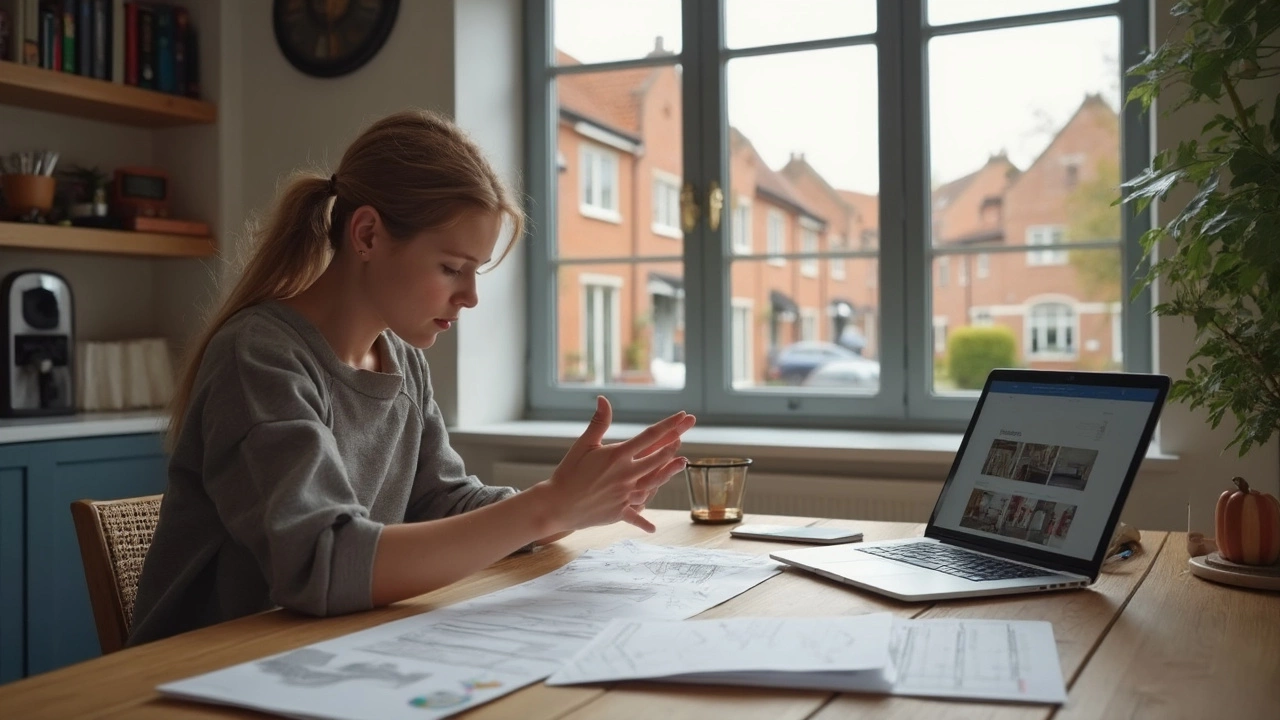Hiring Tips for Your Construction Project
Looking to add a conservatory, extend a kitchen, or start a brand‑new build? The first step is finding the right people to do the work. A bad hire can waste time, money, and cause headaches that drag on for months. Below are the most useful hiring tips you can use right now, no matter how big or small the job.
Start with a Clear Scope
Before you even talk to a builder, write down exactly what you want. Sketch the layout, list the materials you prefer, and set a realistic deadline. When you present a clear scope, contractors can give you an accurate quote and you’ll avoid surprise add‑ons later. Think of it as a roadmap – the more detail you provide, the easier it is for the right tradesperson to see if they’re the right fit.
Check Credentials and Past Work
Don’t rely only on a friendly smile or a cheap estimate. Verify that the contractor has the proper licences for your region and that their insurance covers both public liability and workers’ compensation. Ask for at least three recent references and, if possible, visit one of their finished projects. Seeing the quality first‑hand tells you more than any portfolio photo.
Another quick check is to look up the company on the HMRC Construction Industry Scheme (CIS) register. If they’re not listed, they either operate illegally or don’t work on the type of project you need, which is a red flag.
Ask the Right Questions
When you meet a potential hire, steer the conversation toward practical details. Good questions include:
- What’s your estimated timeline and how do you handle delays?
- Which subcontractors will you use, and are they vetted?
- How do you manage site safety and waste disposal?
- What’s the payment schedule, and do you require a deposit?
Answers should be specific, not vague. If a contractor says “we’ll do whatever it takes” without explaining how, that’s a sign to look elsewhere.
Get Everything in Writing
A detailed contract protects both parties. It should list the scope, materials, start and finish dates, payment milestones, and a clause for handling changes. Make sure the contract also outlines who is responsible for obtaining planning permission and building control approvals. Signing a clear agreement reduces the chance of disputes later on.
If you’re not comfortable drafting the contract yourself, hire a construction solicitor or a professional project manager to review it. A small cost now can save you thousands if something goes wrong.
Watch for Red Flags
Even with all the right steps, some warning signs are hard to miss. Persistent lowball quotes, unwillingness to provide references, or vague communication are all clues that a contractor may cut corners. Trust your gut – if something feels off, keep looking.
Finally, remember that hiring is a two‑way street. You’re also selling your project to the contractor. Be honest about your budget, timeline, and expectations. When both sides understand the game plan, the project runs smoother and finishes on time.
Use these hiring tips on your next conservatory or garden room build, and you’ll likely end up with a finished space that looks great, works well, and doesn’t break the bank.

